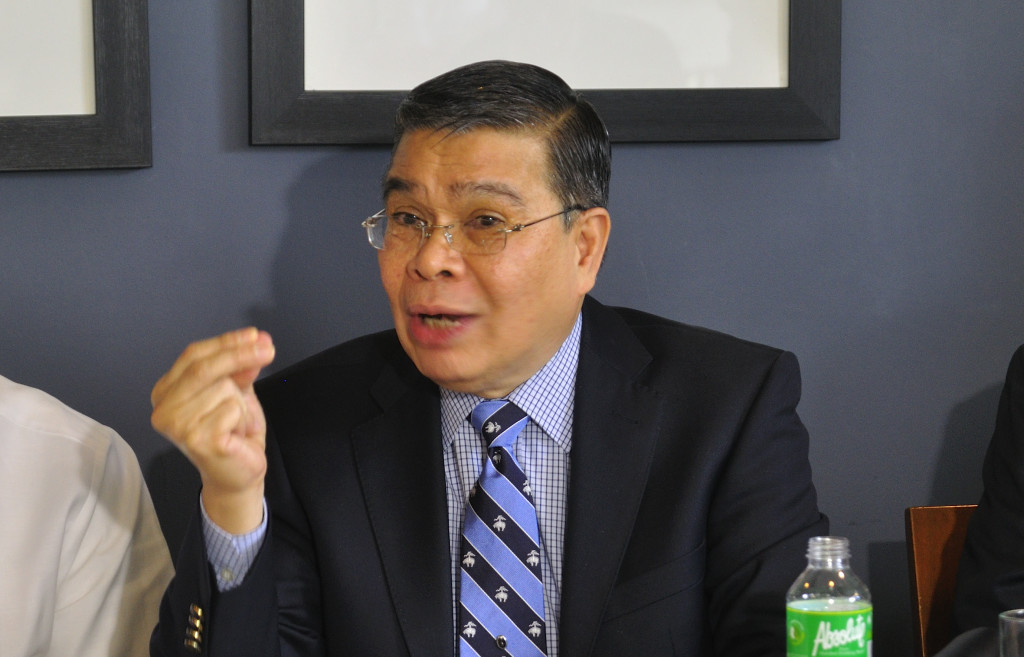National broadband project seen to boost reach of telcos
The national broadband program, recently approved by President Rodrigo Duterte, is expected to improve internet speed in the country and provide more Filipinos with access to the internet. This will be achieved through a nationwide network that will link previously unconnected rural areas.
Department of Information and Communications Technology (DICT) Secretary Rodolfo Salalima said the national broadband network was needed not only by the public but also by private telecommunication firms to expand the reach of their services toward the countryside.
Salalima added that compelling the telcos to do business in countryside areas that are not viable would entail significant costs that would have to be shouldered by their subscribers.
“We need the national broadband network as a way to lower costs and help out in rendering services to the public,” he said.
Gov’t as third player
An academic research paper by University of the Philippines (UP) Professor Emeritus Epictetus Patalinghug, et al., titled “Assessment of the Structure, Conduct and Performance of the Philippine Telecommunications Industry,” coincided with the DICT’s position, saying that the only realistic third player in the Philippines is the government—and that the government must build a “last-mile” network that is not financially viable for private operators to build.
A private third player, the paper finds, may have a difficult time attaining financial viability in the short run due to its late-mover disadvantage. They will also need to penetrate undeveloped areas whose deployment costs are higher than the almost saturated urban markets dominated by the incumbents.
The market realities of capital intensity, sunk costs and economies of network size therefore prevent a realistic entry of a private third player, according to Patalinghug.
The paper showed that in 2015 alone, PLDT and Globe’s capital expenditures already amounted to 29 percent of their total service revenues. This ranked second only to China’s 36 percent globally. In contrast, telecoms firms in the United States spent only 14 percent of their revenues on network improvements in 2015.
In a meeting with Mr. Duterte in October, Salalima recommended that the government build and manage the network, and then allow private companies to lease it. This would be beneficial to the telcos, which lack the necessary broadband infrastructure in far-flung or “missionary” areas.
“We hope to lay the groundwork—so telcos can come in and begin to offer much-needed internet services to the residents there,” Salalima said.















